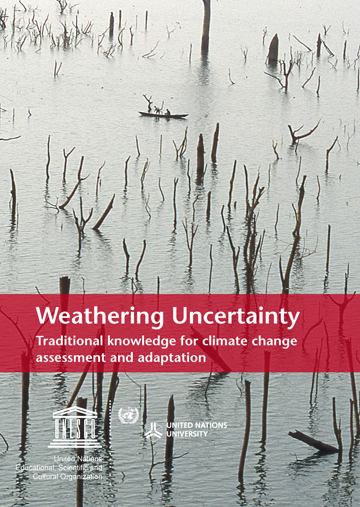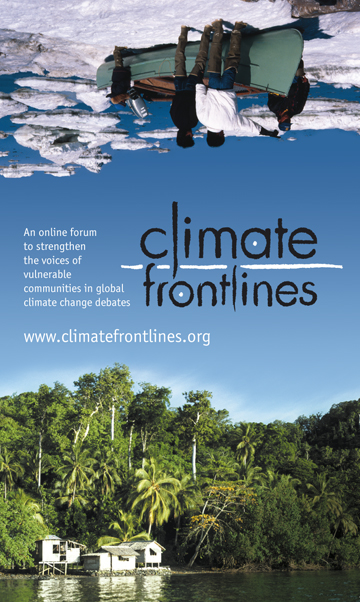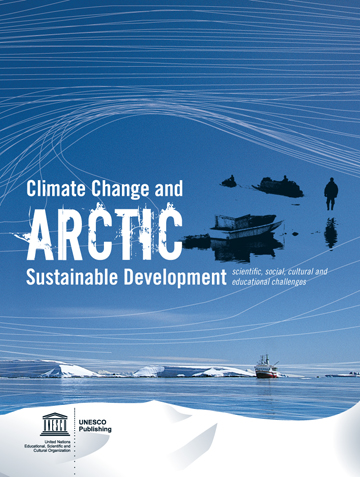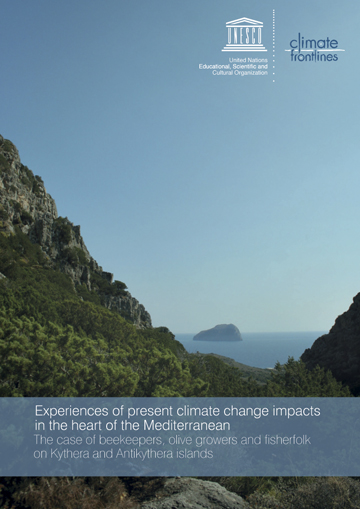On the frontlines of climate change
Many small island, rural and indigenous peoples are already facing the first impacts of climate change. Their high vulnerability relates to their reliance upon resource-based livelihoods and the locations and configurations of their lands and territories. These communities however, are also key sources of knowledge and understanding on climate change impacts, responses and adaptation. Climate Frontlines works to promote inclusion of indigenous knowledge of climate change in relevant policy and action.
Indigenous knowledge and its contributions to the climate change knowledge base are attracting increasing attention world-wide, both in science (e.g. IPCC, Future Earth) and in policy (e.g. UNFCCC). Climate Frontlines provides a platform to promote further understanding of indigenous knowledge and related issues in these global forums.
Transdisciplinary research networks bring together indigenous peoples, local communities and scientists to enhance capacity and support local knowledge of the environment. We build and support regional networks that include nomadic pastoralist groups in sub-Saharan Africa, reindeer herders in the Arctic and small island communities in the Pacific.
Through our mailing list and discussion forums we connect communities worldwide to exchange and share views on climate change. Key discussions can be found here.
From 2010-2013, Climate Frontlines supported research on local knowledge and climate change. Key projects can be found here.
WORKING ON INDIGENOUS KNOWLEDGE?Connect with us
"Indigenous, local, and traditional knowledge systems and practices, including indigenous peoples’ holistic view of community and environment, are a major resource for adapting to climate change."
Technical Summary of the Working Group 2 contribution to the IPCC Fifth Assessment Report


















